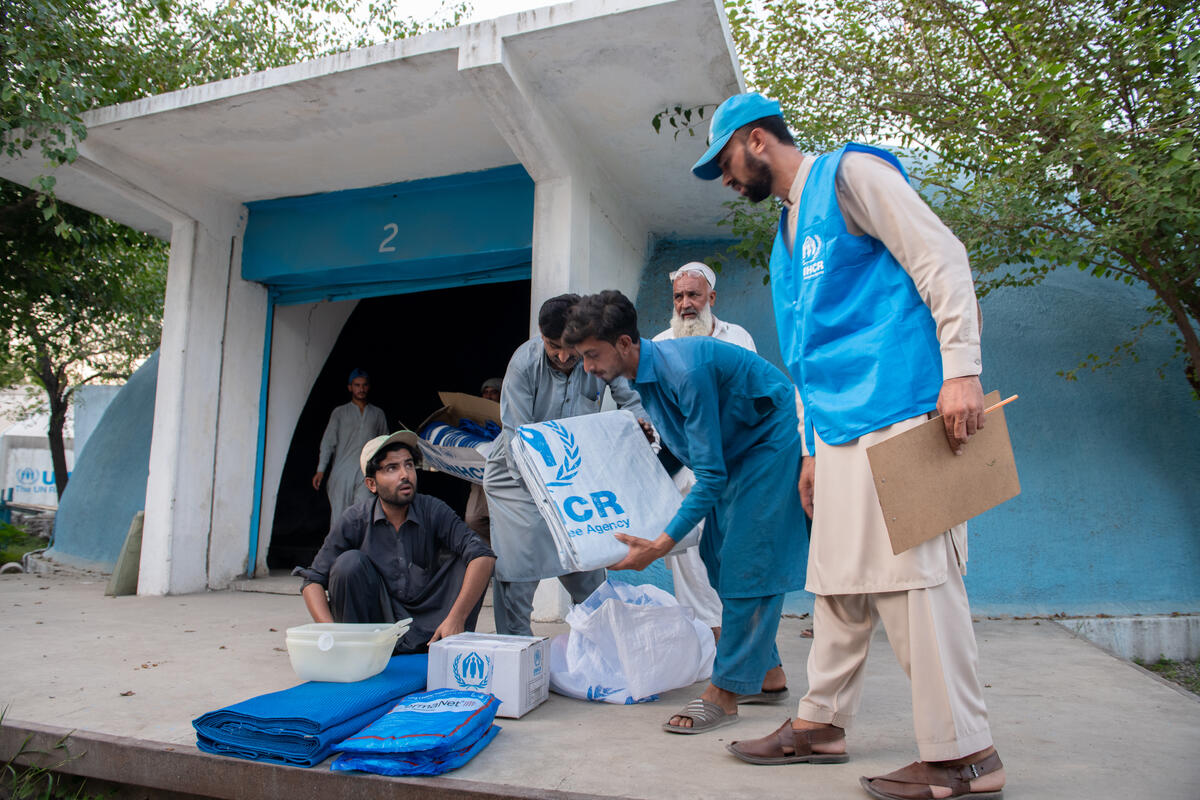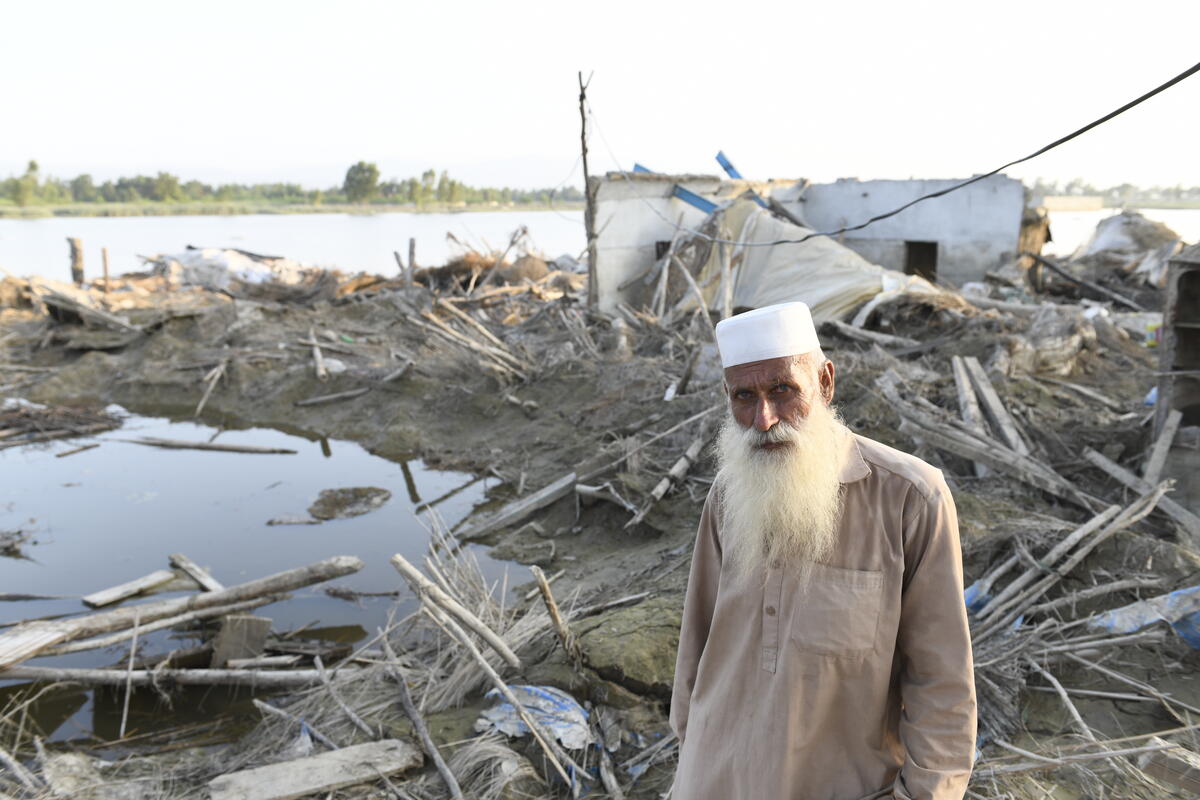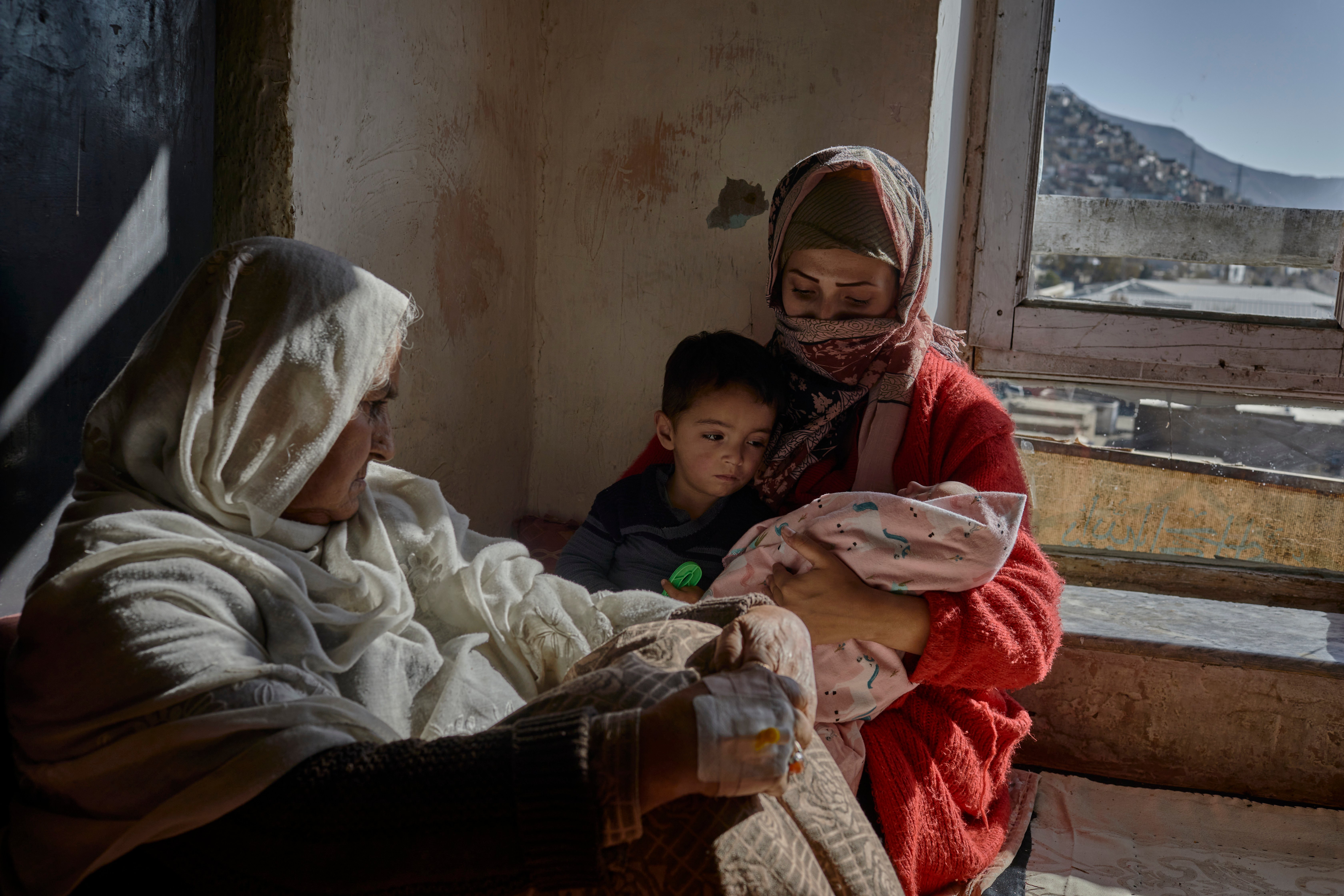Afghan refugees continue arriving at closed Pakistani border
Afghan refugees continue arriving at closed Pakistani border
ISLAMABAD, Jan. 15 (UNHCR) - A new wave of Afghan refugees stranded at the Chaman border crossing grew to more than 13,000 Tuesday as UNHCR and Pakistani government officials tried to negotiate an agreement to temporarily open the frontier.
At the same time, more than 10,000 Afghans returned home from Iran in the first two weeks of January according to the United Nations High Commissioner for Refugees, which said many of those returning were single men who appeared to be seasonal workers.
The refugee agency reported that about 6,000 Afghans arrived in the Chaman area since Thursday, joining 7,000 others who have fled since New Year's Day.
"We are very concerned that more of the tens of thousands of Afghans living in makeshift camps just inside Afghanistan at Spin Boldak may try to enter Pakistan due to the lack of assistance and the deteriorating security situation," Kris Janowski, a UNHCR spokesman, said at a news briefing in Geneva.
One major problem facing UNHCR is that the Pakistani authorities refuse to allow the new refugees to enter the country despite their urgent need for humanitarian aid. "We're trying to reason with the Pakistani authorities," Janowski added in response to a question.
Although UNHCR is distributing water and high protein biscuits provided by the World Food Programme, the agency said the Afghans need proper shelter and medical assistance, especially with temperatures at the frontier dropping to below freezing levels at night.
UNHCR opened its tenth camp in Pakistan on Tuesday near the southern city of Quetta. More than 100,000 refugees are currently housed in camps along the Pakistani border, with another camp scheduled to be opened by the end of the week.
Heavy downpours last week, while bringing much needed relief to Afghanistan after three years of drought, also destroyed tents and mud huts in the internally displaced persons' camps around the south-western city of Herat.
A five-year-old boy reportedly died at the Shandaye camp when he was crushed under the roof of his collapsed hut. Shandaye, located 20 kilometres east of Herat, is the second largest camp in western Afghanistan, holding some 25,000 people from the drought-stricken central Afghan provinces.









